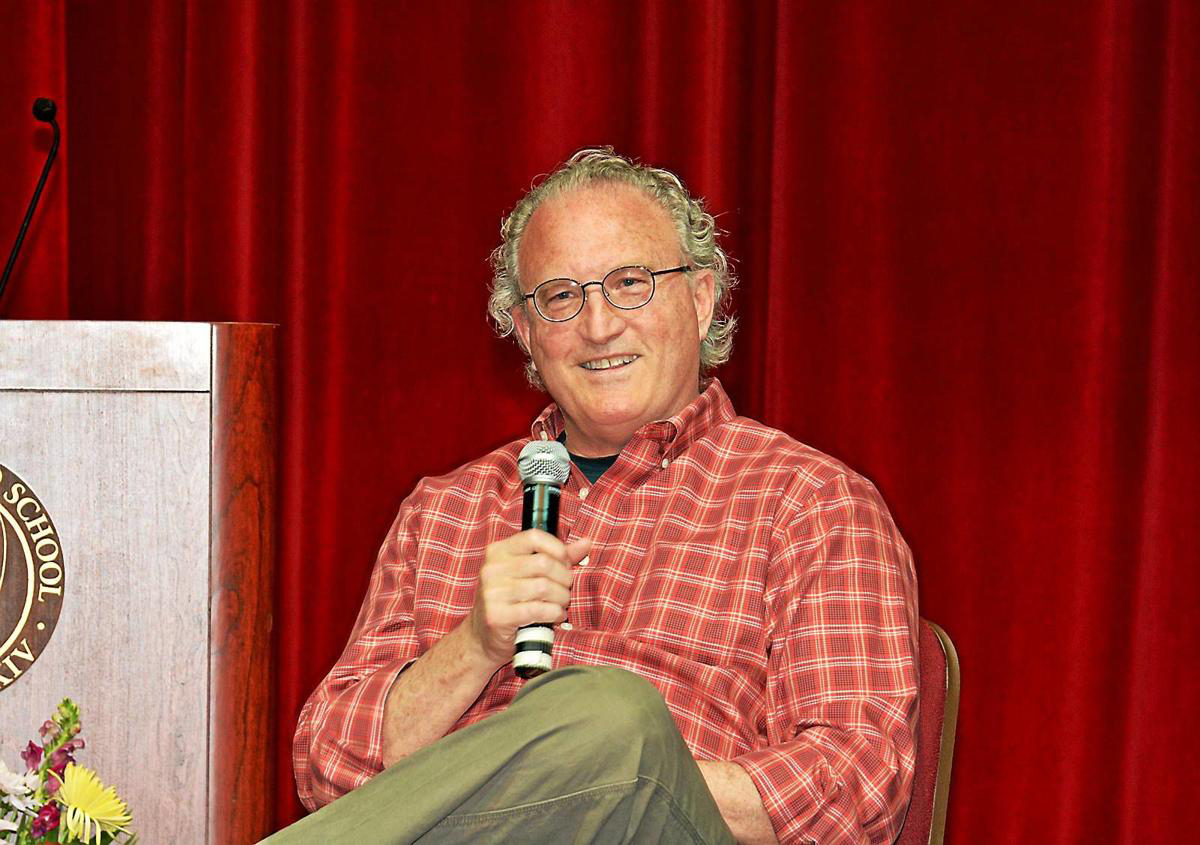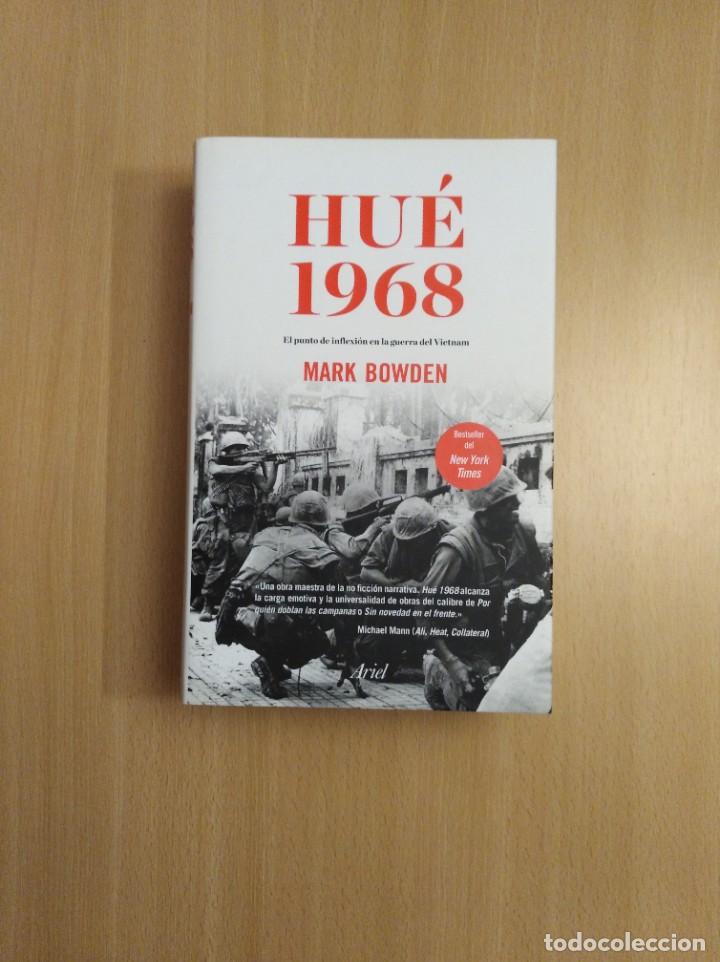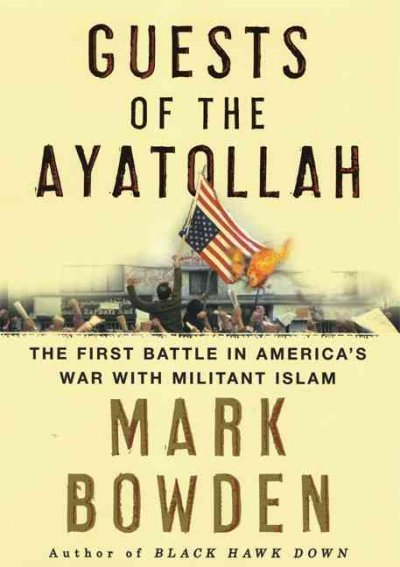
I try to find an effective narrative line to define the borders of the story I’m telling. At what point in your research do you determine a timeline that’s significant enough to encompass that single event in history?Ĭleary, the Battle of Huế was something that was in planning stages for almost the entire year before it happened, and the actual battle lasted for weeks after I finished my story. In this case, when I started looking into the Battle of Huế, I thought that it really had not been given the weight or significance it deserved. The chance to go and really seriously research what happened there and why was an appealing one to me. In the case of this book, I lived during the Vietnam era, and it impacted my life. Since I make a living by writing stories, if I’m curious about something, I start working on it. How do you determine the topics you want to write about? A lot of your books have a similar approach in that they give an account of a single event in history. I’m also drawing on research-books that have been written, army records, marine records, things like that. Let’s just say there’s a lot of work that goes into reconstructing everything in the book, but certainly the events of a day. I get them to tell me their stories, and in some cases, an account of the events of a given day might include overlapping stories of 10 or 20 different people. It’s kind of hard to say, because what I do is I interview people. How many days of research does it take to write about one day in the book? So, even though there remained a majority of popular support for the war, the anti-war movement really began to pick up steam. After the Tet Offensive, the anti-war movement moved into the mainstream. but it was, as I describe in the book, relatively marginal-essentially the kind of people who tend to oppose all wars: pacifists, moral leaders like Martin Luther King Jr.

There had been an anti-war movement prior to the Tet Offensive. Every major city or town was hit, but only in Huế, however, was the entire city destroyed.

The Tet Offensive shocked everyone primarily because it was so widespread-there were attacks throughout South Vietnam.


I was wondering if you could explain where Huế fits into the Tet Offensive. When I first started reading the book, I wasn’t really familiar with Huế, but I was familiar with the Tet Offensive. Houstonia caught up with Bowden for an interview about the infamous battle, the media landscape, and the upcoming 8–10 hour series about this book. The former capital was largely seen as an intellectual hub situated in the center of the country, and, as chronicled in the first section of the book, Hanoi had been planning the Tet Offensive in order to incite a popular uprising across Vietnam. The third largest city in Vietnam at the time, Huế was a symbolic city in the war.


 0 kommentar(er)
0 kommentar(er)
